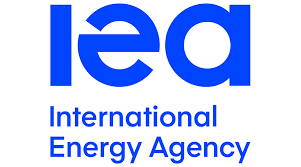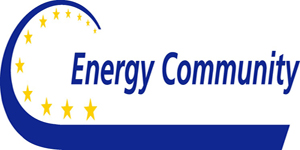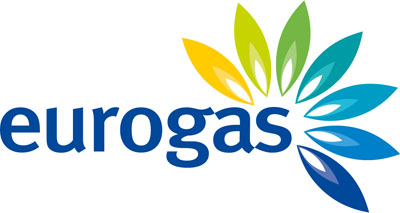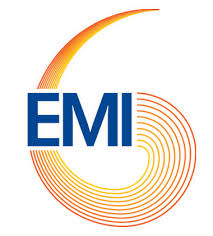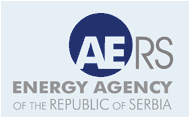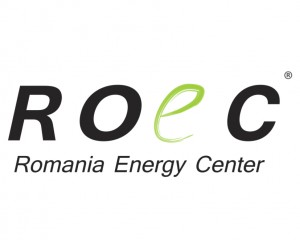Following an invitation by the organizers IENE’s Executive Director Mr.Costis Stambolis participated in the annual European Gas Conference which was held in Vienna between January 29-31. Costis took active part in the panel discussion which covered gas trading opportunities in CEE and SE Europe focusing on the conditions which need to be satisfied for the setting up of a gas trading hub east and south east of Vienna. AS IENE’s Executive Director underlined in his opening remarks which preceded his short power point presentation (available on this site under reports) although today we have ten (10) very active gas trading hubs operating in the main European countries there is not a single such hub to be found east or south east of Vienna. A situation which clearly reflects limited gas liquidity and even smaller interest from market participants.
However, this situation might change in 2020/2021 as substantial new gas quantities are expected to enter the region through a variety of channels such as the TANAP-TAP pipeline system, currently under construction, new FSRU terminals in Greece and Turkey, several new interconnectors and additional underground storage, therefore creating interesting gas trading opportunities. Hence, the establishment of a regional gas trading hub can be contemplated, something which is expected to facilitate the wholesale trading of gas at a regional level.
This will allow gas supply and demand to meet in a marketplace by providing a platform for physical and/or financial transaction. It will also enable competitive markets to function, even though it will probably have an administrative role in the beginning of its operation.
Although it is difficult, at this stage, to predict market behaviour and its reflection on spot prices, once the hub enters full operation, based on European hub operation experience, one could safely assume that spot prices determined through hub trading will be lower than oil-indexed ones, observed IENE’S Executive Director.
"Once the interconnections are in place and an effective gas exchange mechanism exists, traders would be willing to buy available gas, which will become available from main gas importers, by placing bids through the "hub” for both physical quantities and gas futures. Such trading activity will inevitably lead to the formation of a new climate of competitive prices, exerting pressure on traditional suppliers to revise their contract prices”, concluded Mr. Stambolis in his short presentation.
Mr. Costis Stambolis’
presentation at the 11th annual European Gas Conference is accessible in the "Reports”
section of www.iene.eu

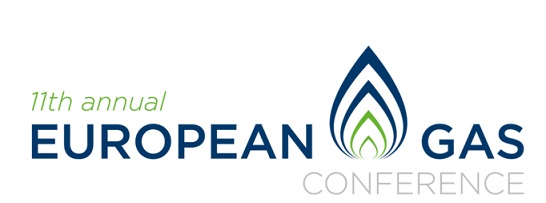 Following an invitation by the organizers IENE’s Executive Director Mr.Costis Stambolis participated in the annual European Gas Conference which was held in Vienna between January 29-31. Costis took active part in the panel discussion which covered gas trading opportunities in CEE and SE Europe focusing on the conditions which need to be satisfied for the setting up of a gas trading hub east and south east of Vienna
Following an invitation by the organizers IENE’s Executive Director Mr.Costis Stambolis participated in the annual European Gas Conference which was held in Vienna between January 29-31. Costis took active part in the panel discussion which covered gas trading opportunities in CEE and SE Europe focusing on the conditions which need to be satisfied for the setting up of a gas trading hub east and south east of Vienna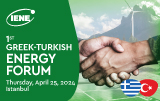
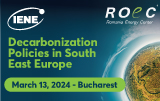

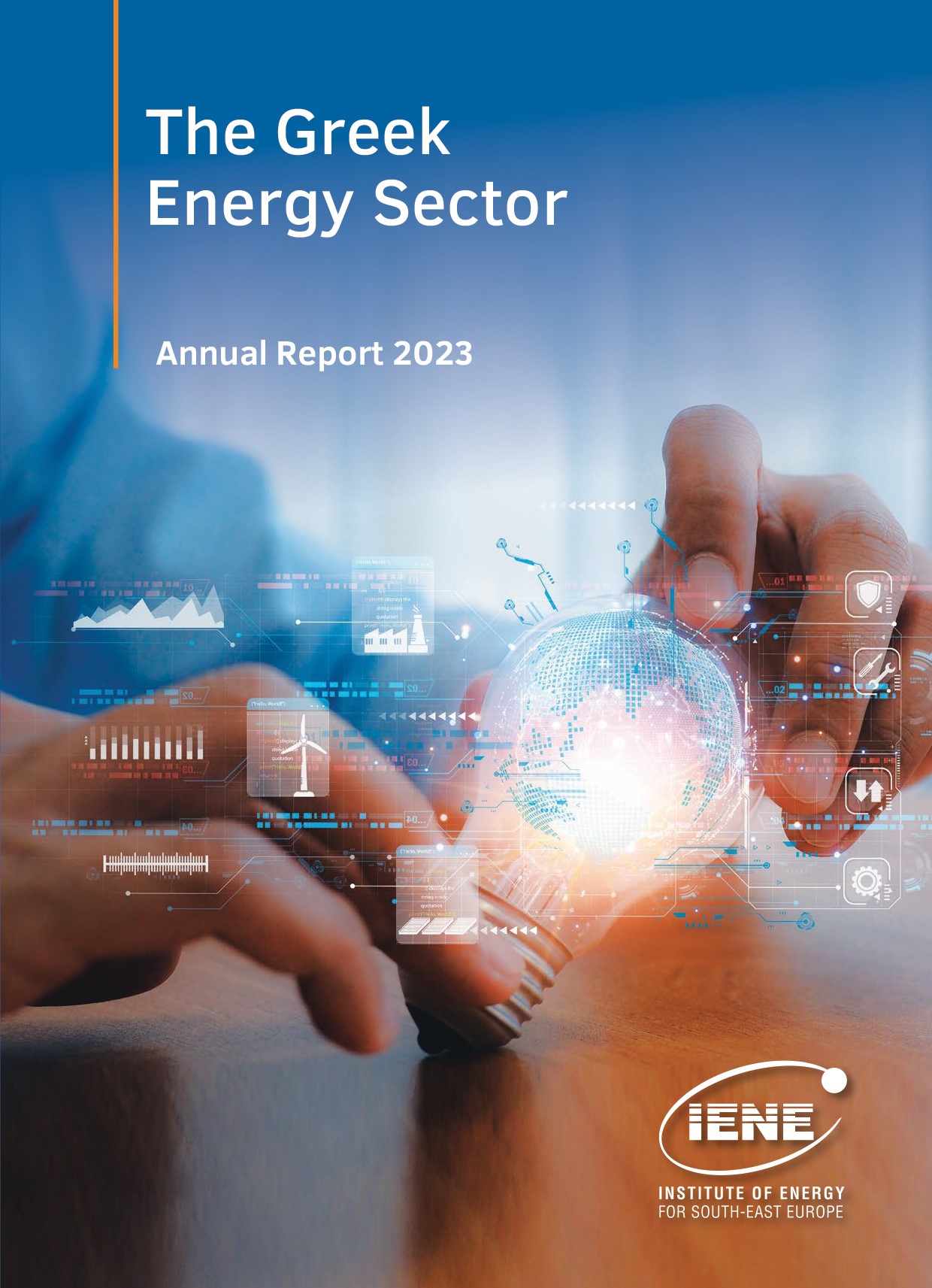
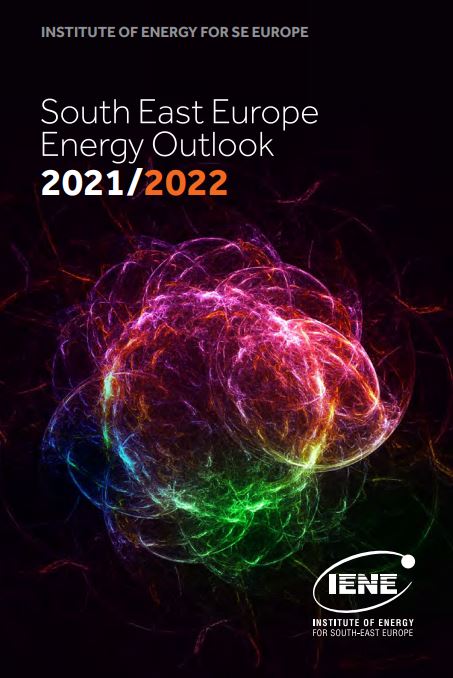
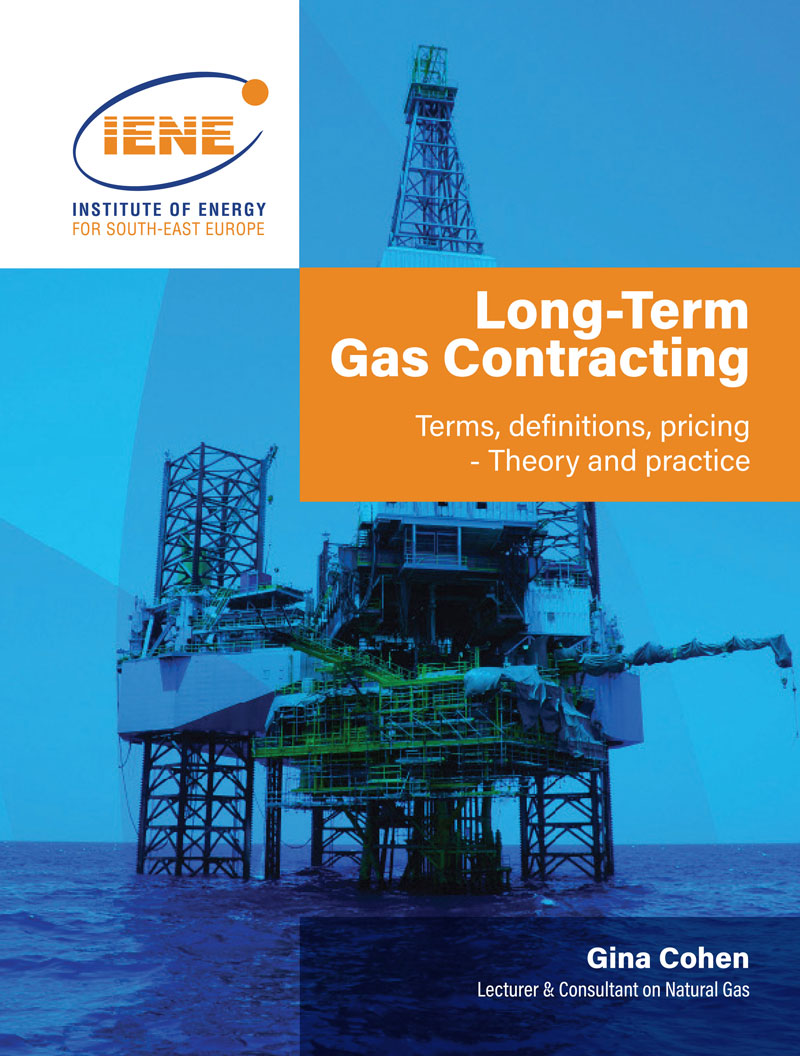 More
More
